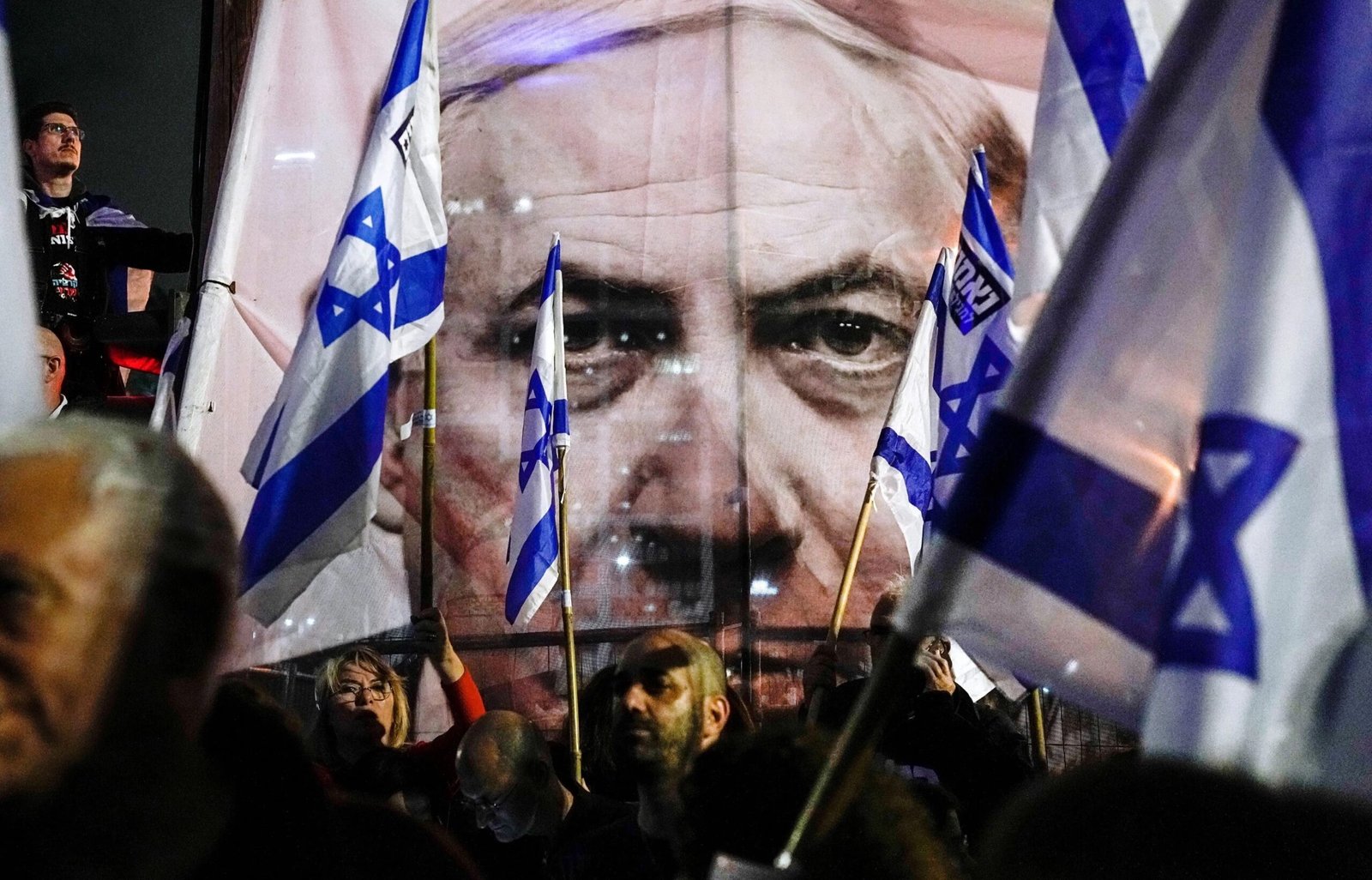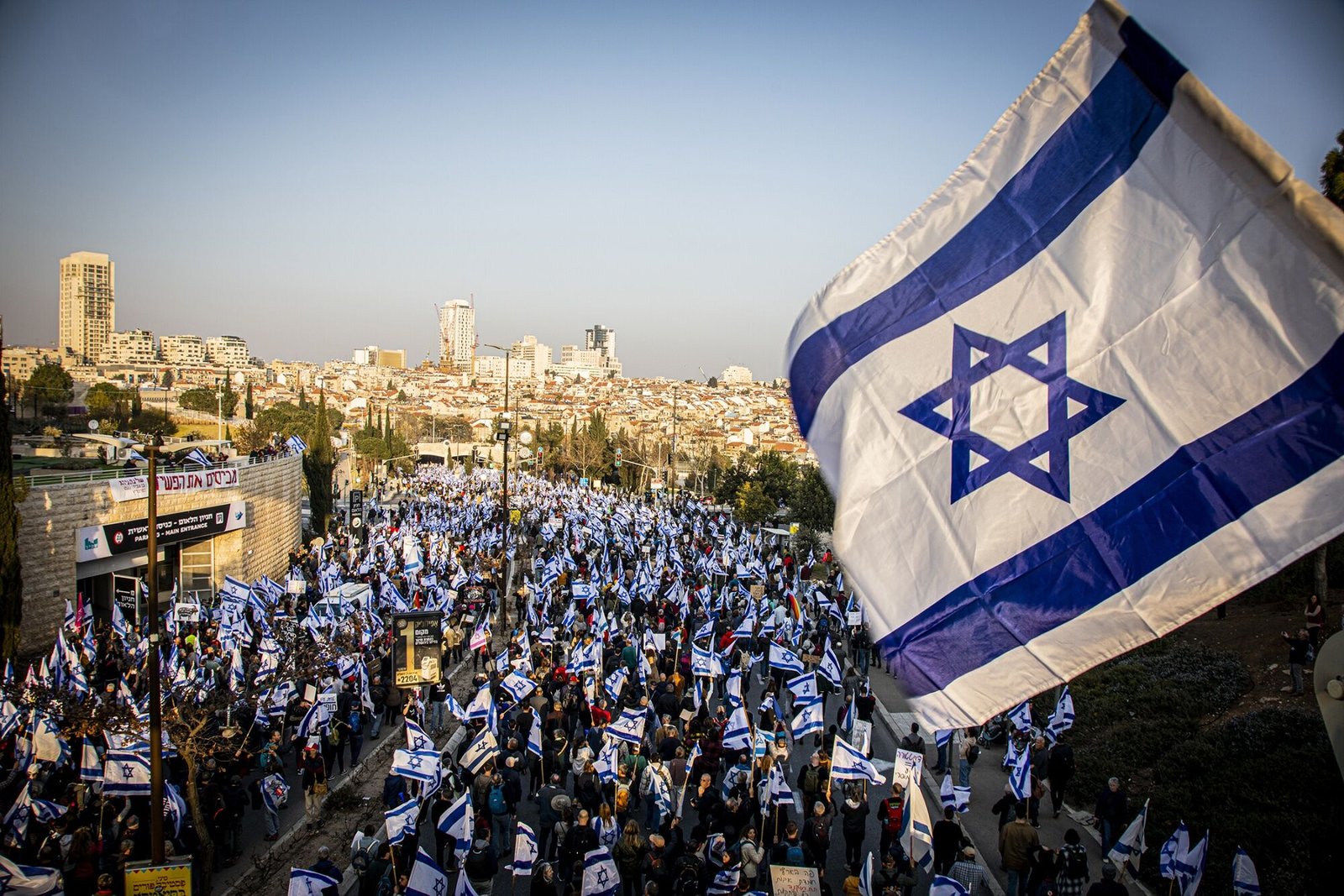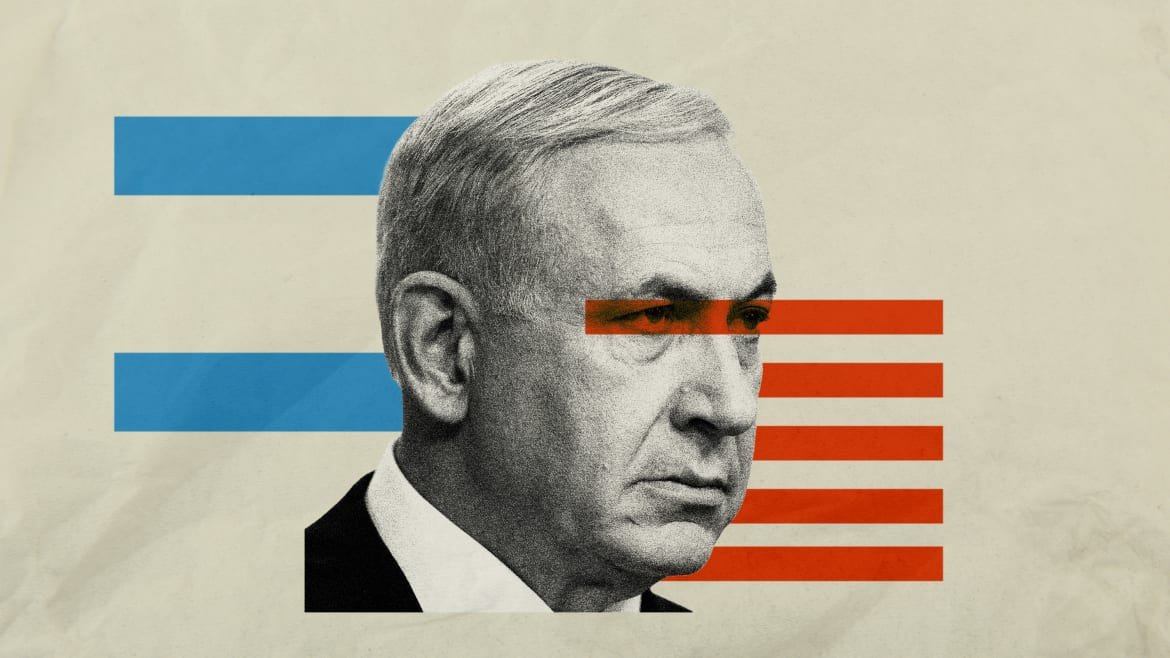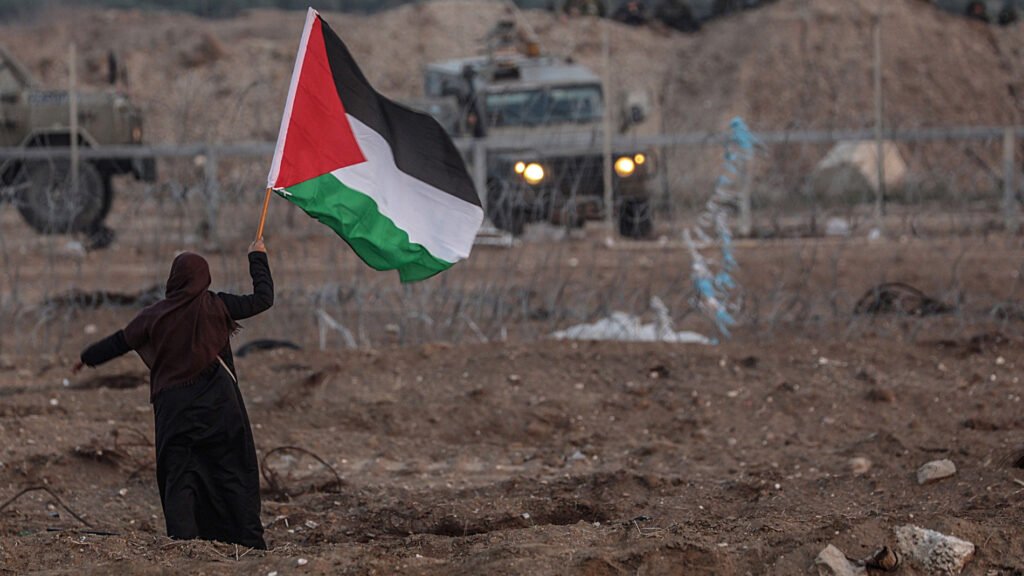
The deepening political crisis in Israel reached new heights in early 2023, with Prime Minister Benjamin Netanyahu’s proposed judicial reforms sparking widespread unrest and exposing fractures within the country’s ruling elite. The reforms, aimed at curbing the power of the Israeli Supreme Court by limiting its ability to overrule legislation passed by the Knesset (parliament), have been met with staunch opposition, not only from political adversaries but also from key figures within Israel’s economic and business sectors. This internal strife highlights a broader societal divide that has serious implications for both domestic governance and the ongoing Israeli-Palestinian conflict.
Netanyahu’s judicial reform agenda, framed as a necessary check on what he describes as an overreaching judiciary, has been perceived by many as a thinly veiled power grab. Critics argue that it undermines democratic norms by weakening one of the few institutions capable of holding the government accountable. Opposition to the reforms has galvanized a large cross-section of Israeli society, including high-profile leaders from the technology, finance, and business sectors. A recent article in Haaretz candidly explained that these sectors, typically aligned with Israel’s ruling elite, view Netanyahu’s move as intolerable, with concerns centered not on democracy but on the economic stability and global standing of Israel. The prospect of economic uncertainty, prompted by what some have termed a political crisis of Netanyahu’s making, has rattled investors and business leaders alike.
The unprecedented backlash from within Israel’s upper echelons has led to the temporary suspension of the proposed reforms. Yet, the public outcry has persisted. A key factor in this turmoil is the already fragile economic state of the country, exacerbated by rising inequality and a deeply divided society. Israel, often cited as one of the most unequal economies among advanced capitalist nations, is facing growing unrest not only over judicial reforms but also over broader socio-economic grievances.
Despite the liberal and pro-Zionist character of many of the protests, the scale of public discontent is undeniable. In a country of approximately nine million people, nearly half a million demonstrators took to the streets in protest. This movement sheds light on the widening chasm within Israel’s political landscape, with the ruling coalition becoming increasingly isolated. Netanyahu, once seen as a figure capable of balancing the demands of Israel’s diverse political and economic factions, now finds himself at odds with a significant portion of the Israeli elite.
Adding to the volatile situation is the role of Netanyahu’s far-right allies, such as Itamar Ben-Gvir, the Minister of National Security, and Bezalel Smotrich, the Finance Minister. Ben-Gvir, known for his extremist views, including past affiliation with Kach, a party designated as a terrorist organization, and Smotrich, who has openly called for the destruction of Palestinian towns, represent the growing influence of far-right elements within Netanyahu’s government.

Their presence has emboldened settler groups and further strained the already tenuous Israeli-Palestinian relations.
Netanyahu’s judicial reform agenda, framed as a necessary check on what he describes as an overreaching judiciary, has been perceived by many as a thinly veiled power grab. Critics argue that it undermines democratic norms by weakening one of the few institutions capable of holding the government accountable. Opposition to the reforms has galvanized a large cross-section of Israeli society, including high-profile leaders from the technology, finance, and business sectors. A recent article in Haaretz candidly explained that these sectors, typically aligned with Israel’s ruling elite, view Netanyahu’s move as intolerable, with concerns centered not on democracy but on the economic stability and global standing of Israel. The prospect of economic uncertainty, prompted by what some have termed a political crisis of Netanyahu’s making, has rattled investors and business leaders alike.
The unprecedented backlash from within Israel’s upper echelons has led to the temporary suspension of the proposed reforms. Yet, the public outcry has persisted. A key factor in this turmoil is the already fragile economic state of the country, exacerbated by rising inequality and a deeply divided society. Israel, often cited as one of the most unequal economies among advanced capitalist nations, is facing growing unrest not only over judicial reforms but also over broader socio-economic grievances.

The escalation of violence in the West Bank, particularly in towns like Huwara, underscores the impact of these political developments on the Palestinian population. In early 2023, Israeli settlers, emboldened by the far-right rhetoric of government ministers, carried out violent pogroms against Palestinian communities. Smotrich, after initially supporting these actions, was forced to publicly retract his statements, yet the damage was already done. These events mark the bloodiest start to the Israeli-Palestinian conflict in years, further complicating the situation for both Palestinians and Israelis seeking peace.
The far-right’s influence in Netanyahu’s coalition is particularly significant given Israel’s ongoing occupation of Palestinian territories. The political deadlock and increased violence signal the diminishing returns of aggressive Israeli state policies aimed at subjugating the Palestinian population. Netanyahu’s government, reliant on far-right support, continues to face increasing international criticism, including from traditional allies in the United States and Europe. While the Trump administration offered unwavering support to Netanyahu’s policies, the Biden administration has taken a more cautious stance, signaling discontent with the current direction of Israeli governance.
The broader implications of the current political crisis extend beyond Israel’s borders. The Zionist movement, once united in its objectives, now faces internal divisions that threaten to weaken its global influence. This disunity, coupled with increasing scrutiny of Israel’s treatment of Palestinians, has led to a decline in the credibility of the Israeli establishment on the international stage.
In this context, the Palestinian struggle for self-determination continues unabated. The resilience of the Palestinian population, despite decades of occupation, displacement, and violence, is a testament to their enduring resolve. The Palestinian general strike of May 18, 2021, which saw unprecedented unity across the occupied territories and within Israel itself, remains a key turning point in the ongoing conflict. This unified action demonstrated that, despite efforts to divide and demoralize them, the Palestinian people remain committed to their cause.
As Israel’s political crisis deepens, the potential for wider regional instability grows. The far-right’s influence on Israeli policy, combined with the ongoing occupation of Palestinian territories, presents a combustible mix that could lead to further escalations in violence. The Israeli ruling class, increasingly reliant on brute force to maintain control, faces a critical juncture. Without meaningful political and economic reforms, the country risks a much larger conflagration, one that could spread beyond its borders and ignite further unrest in the region.
In conclusion, the developments of early 2023 in Israel point to a growing internal crisis within both the Israeli state and its broader ruling class. Netanyahu’s judicial reforms, far-right extremism, and the ongoing occupation of Palestinian territories are all symptoms of a deeper systemic issue. As the Israeli political landscape becomes more fractured, the prospect of a peaceful resolution to the Israeli-Palestinian conflict appears increasingly remote. The coming months will be crucial in determining whether Israel can navigate this political crisis or whether it will descend further into instability.


